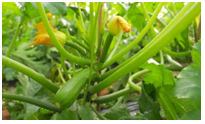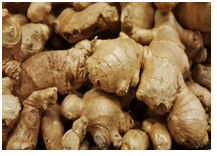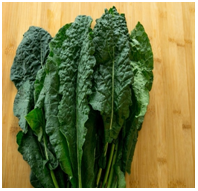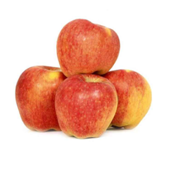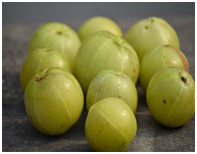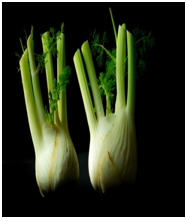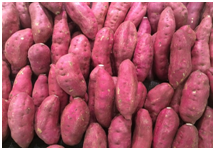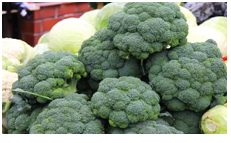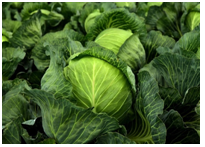The Winter season is about to come. winters is a season of warm food. Our food preference changes in seasons. Our metabolism and our body also change. So, it becomes very important to change our food as well according to the season.
Don’t worry, we are here to help you out.
We are here with super-natural food you can consume this winter.
- Downtime Squash:
Downtime squash is abundant morning in early fall (and lasts each through downtime). Winter squash has a plenitude of fiber, magnesium, beta carotene, and vitamins C and B6. Plus, eating it may help drop your blood pressure and cholesterol.
Squash is also super easy to cook with simply bones, season, and repast in a roaster for a scrumptious side dish, or use the roasted veggies as a base for a smooth, satiny butternut squash haze seasoned with nutmeg and cinnamon.
- Ginger:
Looking for a natural way to fight off or recover from one of the numerous nasty contagions that circulate during the downtime? Your hunt ends with gusto, which Shapiro says has been used for centuries to ameliorate digestion, soothe worried tummies, and boost your vulnerable system. It’s frequently available time-round, but the freshest roots are likely to be those gathered in the downtime months.
Gusto is enough potent when it comes to flavor, so a little goes a long way — but a little also goes great in Asian-inspired dishes like stir shindig, or steeped in hot water as a fresh gusto tea.
- Kale:
Are you low in potassium? Kale is then to save the day as one of the most protean downtime superfoods.
kale is a great source of folate for pregnant women. A cold- rainfall factory, peaks substantially in fall and downtime. To add further kale to your diet, exchange it out for spinach in your mists, make kale chips, or shred it to make a salad.
- Apples:
Getting acceptable vitamin C is crucial for vulnerable support (super helpful during deep freeze and flu season) and that apples also contain pectin, an answerable fiber that has been shown to help reduce cholesterol situations. Apple season arrives toward the end of summer but frequently continues well into late fall or early downtime, depending on where you live.
- Amla
The sour-tasting fruit also known as Indian Gooseberry is an abundantly available superfood in winters. It is one of the richest sources of Vitamin C which will help in enhancing your immunity and digestive health. This tiny fruit will improve your skin and hair health as well.
6. Fennel
Love it or detest it, you can not deny that fennel is a downtime hustler. It includes fiber, potassium, manganese, calcium, iron, magnesium, phosphorus, and bobby.
It can be used as a digestive aid and may help ameliorate symptoms of heartburn and IBS. Every part of the fennel factory is comestible; you can eat the bulbs raw or coddled, and cook the stalks and flora in mists.
7. Sweet Potatoes
Sweet potato is a great source of beta-carotene, and also an antioxidant that fights inflammation.
Add minced sweet potatoes to mists and chilis whenever you are weary of incinerating them (although a baked sweet potato is a simple and tasty way to round out a mess). Or, if you are feeling audacious, try your hand at sweet potato toast for breakfast.
8 . Broccoli
Just like apples, broccoli is a surprising source of vitamin C — one mug contains further than 100 of your diurnal requirements.
Broccoli contains composites that may be defensive against cancer.
Broccoli is fluently fumed as a last-minute side dish, and also veritably succulent if cooked with spices.
9. Cabbage
Cabbage contains high quantities of vitamin C, vitamin K, potassium, and calcium, along with the fact that it’s 92 water.
It’s easy to incorporate cabbage into refections, too. Stuff it with dough and tomato sauce, or brace it with potatoes for a warm, filling haze.
BOTTOM LINE,
Enjoy the upcoming winters with your family. Eat right and don’t let your tummy be unhappy.
You can consume any of them mentioned above according to your preference without compromising with your taste buds.
HAPPY WINTERS!!! 🙂







